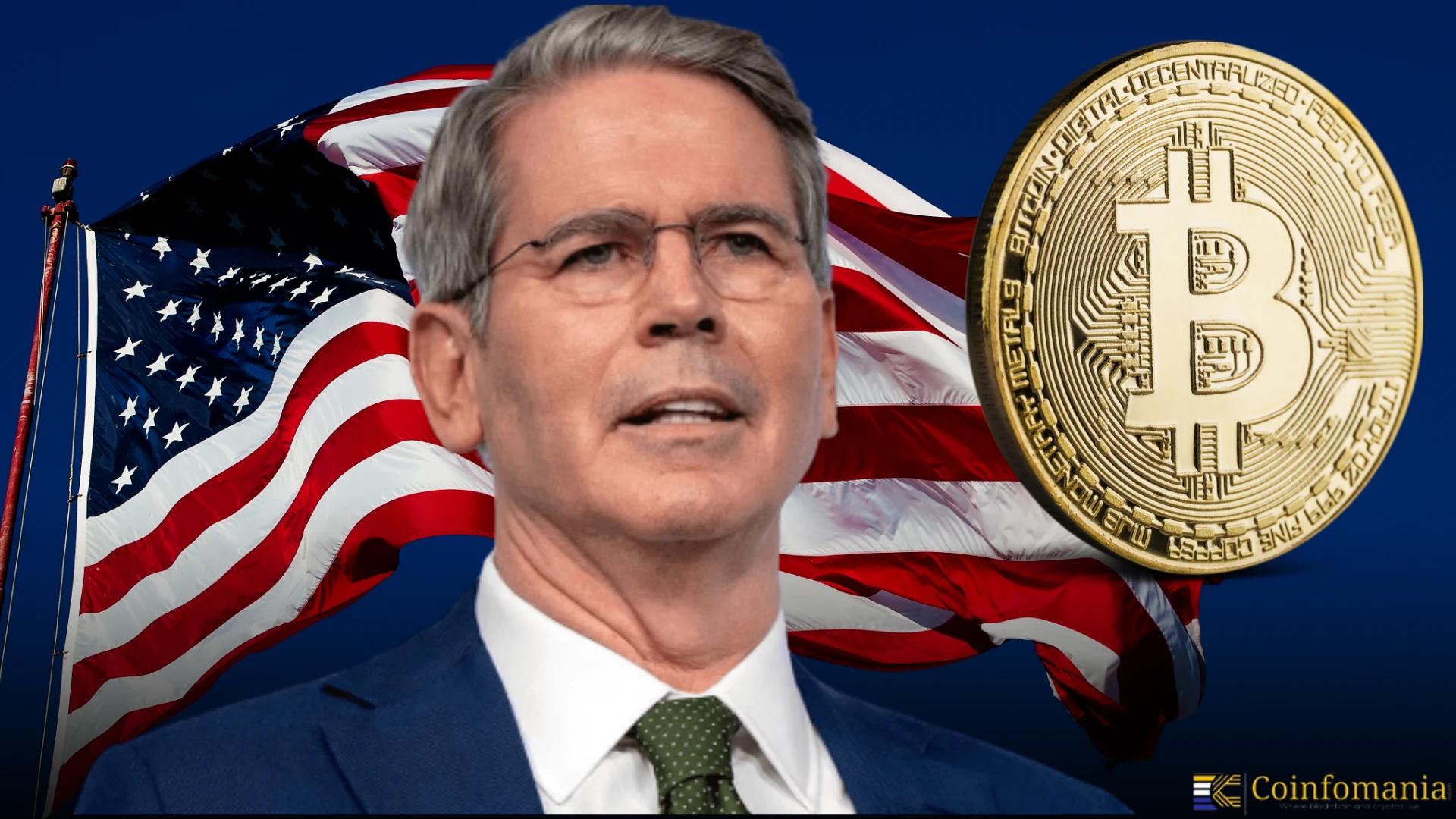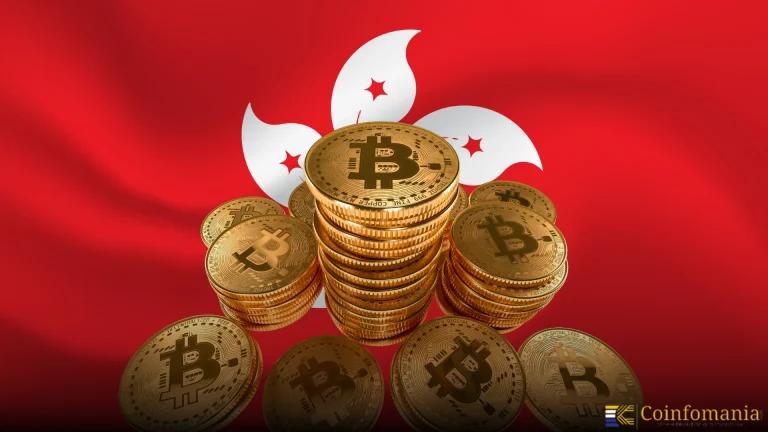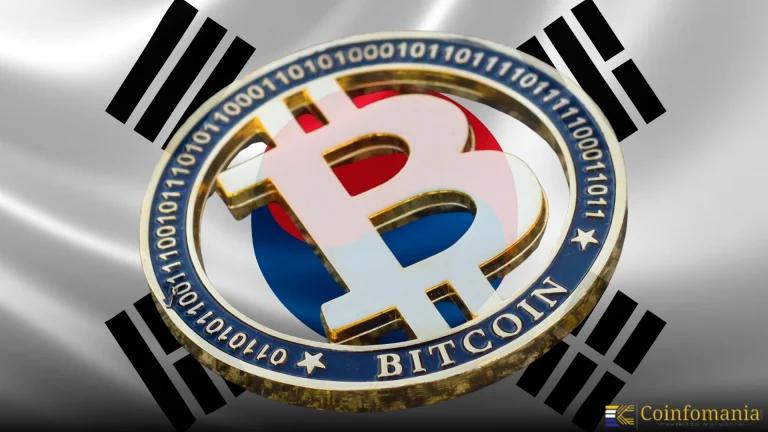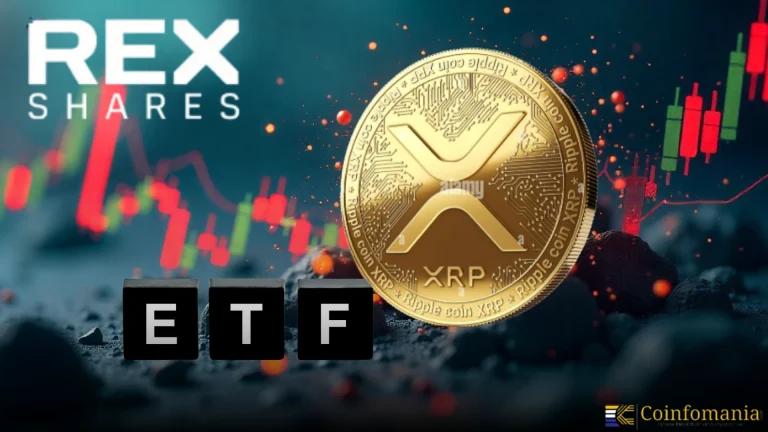Scott Bessent Says Seized Bitcoin to Form U.S. Strategic Reserve
Scott Bessent confirms seized Bitcoin will anchor the U.S. Strategic Bitcoin Reserve, as officials debate budget-neutral strategies.

Quick Take
Summary is AI generated, newsroom reviewed.
The U.S. will establish a Strategic Bitcoin Reserve using forfeited and seized Bitcoin, not through direct government purchases.
Treasury Secretary Scott Bessent stated the government will seek "budget-neutral" ways to acquire more Bitcoin without adding to the national debt.
Lawmakers and economists are divided on the policy, with some supporting a budget-neutral approach and others warning of potential inflation risks.
Treasury Secretary Scott Bessent confirmed that Bitcoin finally forfeited to the federal government will form the core of the Strategic Bitcoin Reserve. President Trump’s March executive order created the reserve. Bessent explained that, for now, the U.S. will not make outright purchases of cryptocurrency. “We will use confiscated assets and halt further sales,” he said in an earlier interview. He added that this approach ensures the government doesn’t use taxpayer funds directly to expand the reserve.
Budget-Neutral Expansion on the Table
While ruling out immediate purchases, Bessent clarified that the Treasury is committed to exploring budget-neutral pathways to acquire more Bitcoin. “We will execute on the President’s promise to make the United States the Bitcoin superpower of the world,” he stated. Current estimates suggest the Strategic Bitcoin Reserve holds between $15 billion and $20 billion in assets. Expanding it without adding to the national debt remains the administration’s goal.
Lawmakers Voice Support and Opposition
Senator Cynthia Lummis endorsed Bessent’s position, stressing fiscal responsibility. “A budget-neutral path to building the SBR is the way,” she posted. Lummis proposed revaluing U.S. gold reserves to current market prices and transferring the increased value to fund the Bitcoin reserve. “America needs the BITCOIN Act,” she added, referring to legislation designed to formalize the reserve’s framework.
Economist Peter Schiff disagreed sharply, warning of inflation risks. “There is no increased value,” he wrote. “The extra money would have to be printed into existence by the Fed. We don’t need to create more inflation to buy Bitcoin.”
A Debate Blending Finance and Policy
U.S. policy. Supporters view it as a forward-looking safeguard against currency risks and a tool for global leadership in digital assets. However, critics fear it could invite unintended economic consequences if not handled with strict monetary discipline.
Bessent’s measured approach, anchoring the reserve with seized assets. While studying budget-neutral growth reflects the delicate balance policymakers must strike. Debates over gold revaluation, inflation, and strategic reserves continue. Consequently, the conversation is shaping how the U.S. positions itself in the evolving financial landscape.
References
Follow us on Google News
Get the latest crypto insights and updates.
Related Posts

Hong Kong Banks Can Hold More Bitcoin as Rules Ease
Hanan Zuhry
Author

South Korea Crypto Sector Steps Up with New Venture Rules
Hanan Zuhry
Author

REX-Osprey Spot XRP ETF Goes Live Sept 12 in Landmark US Debut
Shweta Chakrawarty
Author